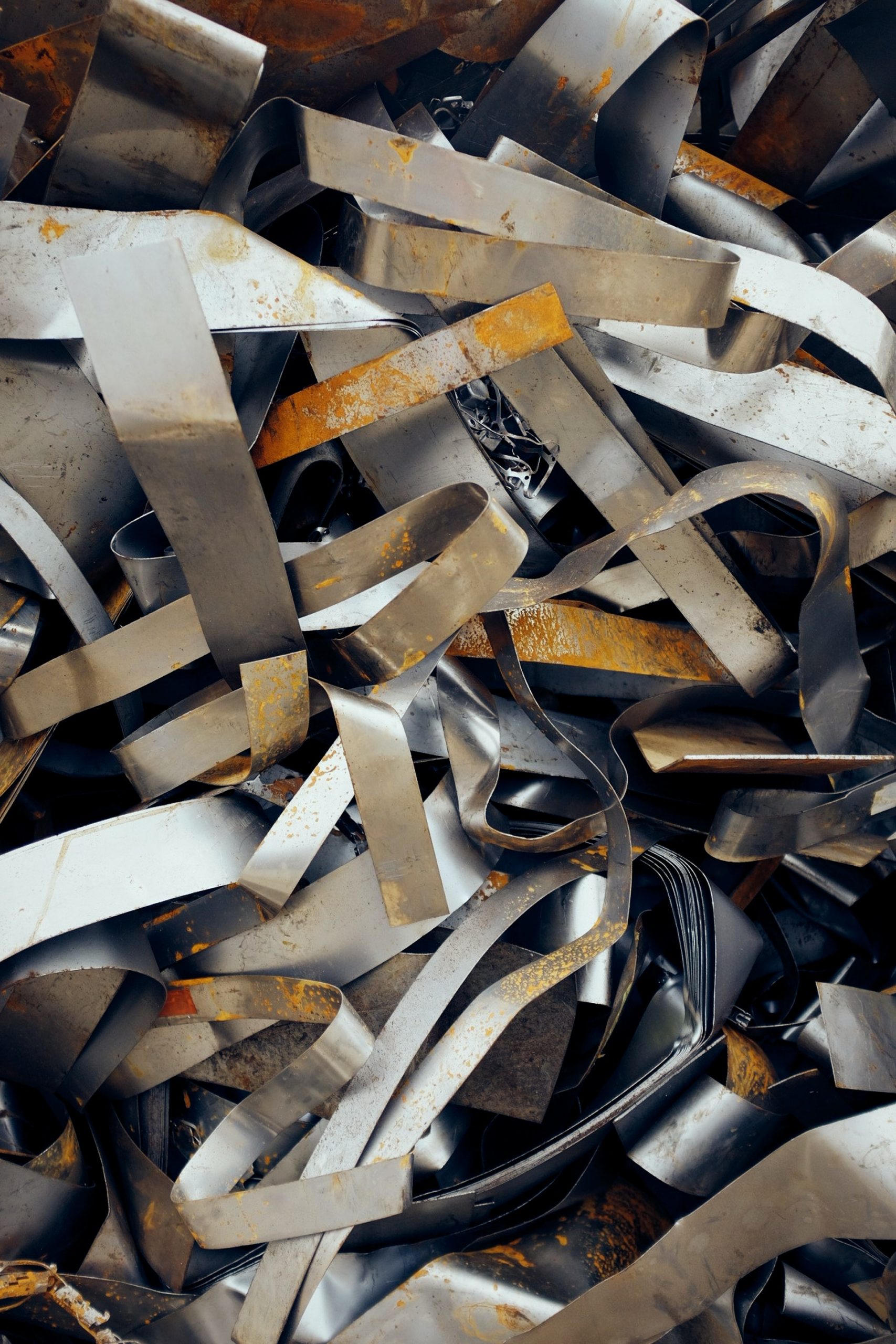The Federal Association of German Steel and Recycling Companies (BDSV) submitted a proposal to the European Commission for the incorporation of scrap bonuses into the EU Emissions Trading System (EU ETS), documents seen by S&P Global Commodity Insights show.
BDSV defined a “scrap bonus” as a combination of economic advantages and a positive impact on the environment from scrap use. It estimates the bonus at Eur80-213/mt ($84-$224/mt) for ferrous scrap and Eur158-502/mt for alloy scrap.
Steelmaking from scrap saves 1.67 mt of CO2 compared with production using iron ore and coke, BDSV said.
BDSV said the market prices of raw materials need to reflect the advantages and disadvantages that each raw material has for the environment, something that current EU climate policy does not do.
The association proposed several changes to tackle those issues.
According to BDSV, the mining industry should become subject to both EU ETS and the Carbon Border Adjustment Mechanism (CBAM) and ferroalloys should not be exempt from the regulations. For example, BSDV called for a price to be placed on the greenhouse gas emissions that arise in the mining and production of raw materials or in the production of intermediate products, contributing to fairer competition between scrap and mined raw materials.
Emissions from mining in Europe contribute a minor share of CO2 emissions, but their inclusion in the policy would result in fairer competition between scrap and other ferrous raw materials, according to BDSV. As steel imported into the EU is mainly produced from iron ore, raw materials and intermediate products should also fall under CBAM regulations to fully integrate emission costs of mining outside the EU, BDSV said.
As a temporary solution, the use of scrap could be rewarded within the EU ETS by linking it to the free allocation allowances, making use of scrap beneficial for steelmakers.
Alternatively, a mandatory scrap utilization quota could be imposed on domestic steel. “Compared with a positive incentive for the use of scrap, this would constitute a greater intervention on the market, could place strain on the European steel sector and open up the question of whether a mandatory scrap utilization quota would also apply to imported steel,” BDSV said.
International scrap trade, however, should not be restricted, BDSV recommended, as any barriers put on export would lower scrap prices in the EU due to higher supply and reduce the use of scrap outside Europe, leading to increased CO2 emissions. Turkey is currently the world’s largest seaborne importer of ferrous scrap, importing 25 million mt in 2021, up 11.5% year on year, Turkish Statistical Institute (TUIK) data showed. Almost 10 million mt of this total was from EU origins.
European steelmakers have been focusing on securing high quality ferrous scrap supply through acquisitions, as increasing the proportion of ferrous scrap in their raw materials mix is the swiftest way to reduce the carbon footprint of their steel production.
M&A activity
ArcelorMittal acquired several steel scrap recycling facilities from environmental services and recycling company ALBA International Recycling, it said on May 11.
The deal includes 10 scrap yards located in the south of Germany, across three different companies, ALBA Electronics Recycling, ALBA Metall Süd Rhein-Main and ALBA Metall Süd. Together, these companies process approximately 400,000 mt/year of material, the majority of which is steel scrap, ArcelorMittal said.
In March, ArcelorMittal also acquired Scottish steel scrap recycler John Lawrie Metals in March 2022. Lawrie collects about 200,000 mt/year of metal scrap, according to the company’s website.
Elsewhere, European stainless steelmaker Aperam acquired stainless and alloy scrap recycler ELG in December 2021, for an enterprise value of Eur357 million (equity value Eur30 million). ELG collects, trades, processes and recycles stainless steel scrap and high performance alloys, delivering 1.2 million mt/year of materials.
— Viral Shah, Maria Tanatar






